
Some artificial sweeteners, such as sucralose, are persistent pollutants that can harm aquatic life and disrupt ecosystems, raising concerns about their environmental impact.

A fixation on ‘clean eating’ can be harmful – and perfectionists may be at greater risk of taking it too far.

3 signs your diet is causing too much muscle loss – and what to do about it

Boost your health with a nutritious diet featuring sea vegetables and seasonal foods. Discover the benefits and easy ways to incorporate these nutrient-rich foods into your meals for better health and wellbeing.

Ultra-processed foods: here’s how they may affect the way the immune system functions
- By Clive Witham

How you eat has a great impact on health. Our eating habits directly affect the digestion process and the ability of the body to extract the energy it needs from the food.

How do I keep my fruit, veggies and herbs fresh longer? Are there any ‘hacks’?

Animals self-medicate with plants − behavior people have observed and emulated for millennia
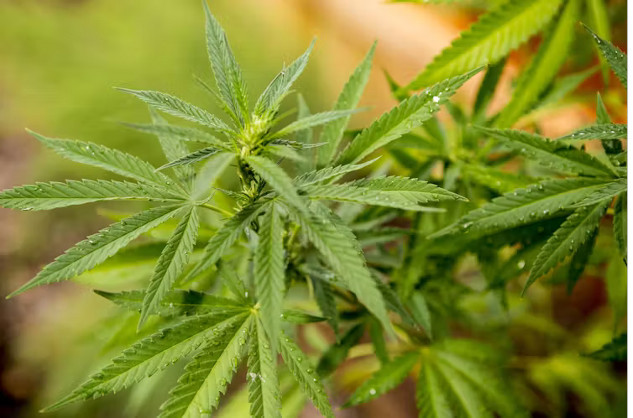
How cannabis and psilocybin might help some of the 50 million Americans who are experiencing chronic pain

How big food companies can do more to create healthier food environments

Not all ultra-processed foods are bad for your health, whatever you might have heard...
- By Lisa Masé
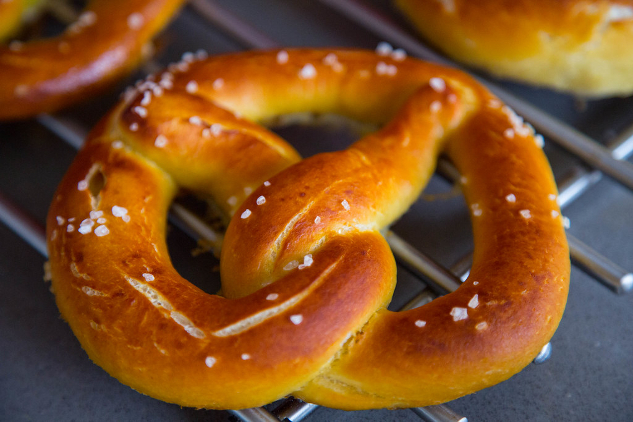
When we reach for a treat or crave a certain food, what do we really need? Try to stop, take a breath, and ask yourself this question before you eat.
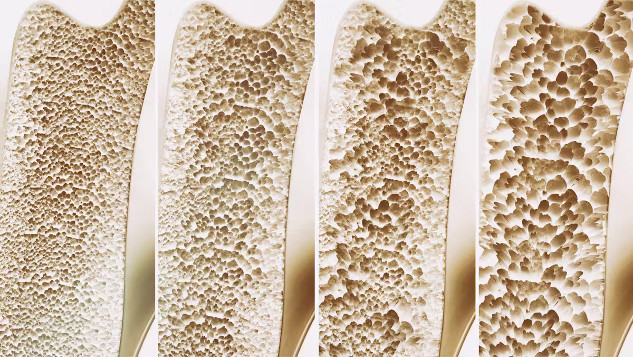
How extreme dieting can affect bone health. In a recent Instagram post, the actor Jameela Jamil revealed she has poor bone density, despite only being in her 30s.

TikTok users claim freezing bread can make it healthier – here’s what the science actually says

An artificial sweetener called neotame can cause significant harm to the gut, my colleagues and I discovered. It does this harm in two ways.
- By Lisa Masé

In 1995, nutrition therapists Elyse Resch and Evelyn Tribole wrote one of the first books on the concept of intuitive eating. That book sparked a worldwide awareness that the mentality of dieting disrupts metabolic health and leads to stress and disordered eating.

What about beetroot’s other apparent health benefits – from reducing your blood pressure to improving your daily workout? Here’s what the science says.

How food preferences are linked to cognition and brain health – and why a balanced diet is superior.

Honey is said to help with hay fever symptoms – here’s what the research says about this claim.
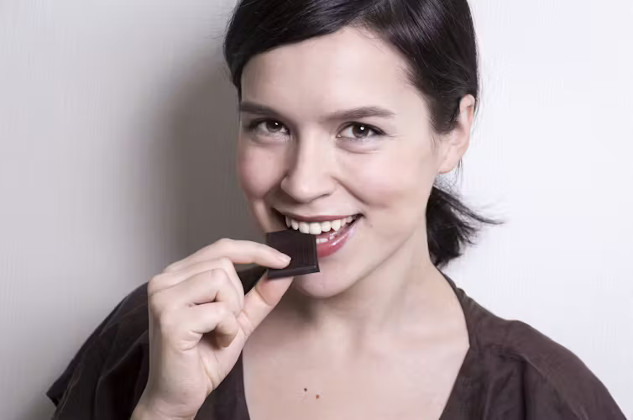
Eating some chocolate really might be good for you – here’s what the research says...

Diet books and fitness circles commonly promote protein as a magic bullet for weight loss, muscle building, and athletic performance. But what are the unintended consequences?
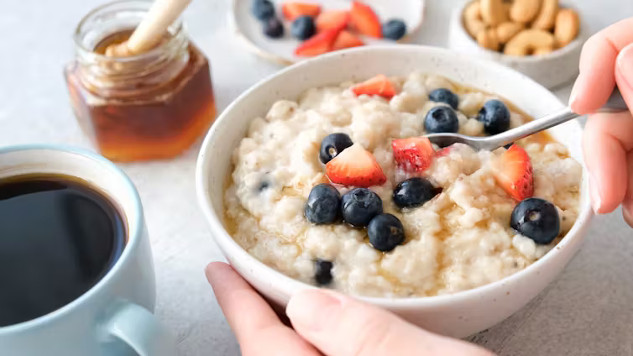
Oats and oatmeal aren’t bad for you, as some claim – in fact, they probably have more health benefits than you realise



















